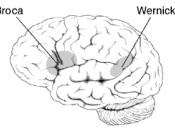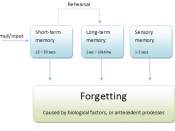Ever since the discovery of the 12-year-old boy Victor in 1799, who had been abandoned in the forest at birth and remained unreceptive to human sounds the rest of his life, there have been many hypotheses about the affect of age on language acquisition. Although some of them soon proved their validity for the first language, they were, for long, still open to much controversy in the application for the second one. In 1978, Catherine Snow and Marian Hoefnagel-Hohle carried out a study on the different ability between adults and children to acquire a second language in terms of pronunciation, morphology, syntax and sentence judgement (Lightbown & Spada, 1999). By the results, it is concluded that adults learn faster in most fields, except for pronunciation, at the early stage of second language development, especially with professional or academic interaction. However, children surpass adults in eventual attainment and can achieve native-like proficiency.
The question then arises that which factors underlie their ability differences. Convincingly, on the background of language-learning mechanism, these differences can be traceable to biological, cognitive and affective variables between adults and children.
It should be mentioned beforehand that "second language learning" is not intended to contrast with foreign language learning. "Second language learning" is used here as a general term that embraces both untutored (or naturalistic) acquisition and tutored (or classroom) learning. Also, the term "children", in this paper, is used to address those under the age of twelve - the end of puberty; and "adults " are those at the age of eighteen or older. The transition period (teenage years), however, is not within the scope of this research.
In the light of recent accomplishments in neurolinguistics, biology, as well as psychology, it can be said that the process of second language learning is, by nature,


